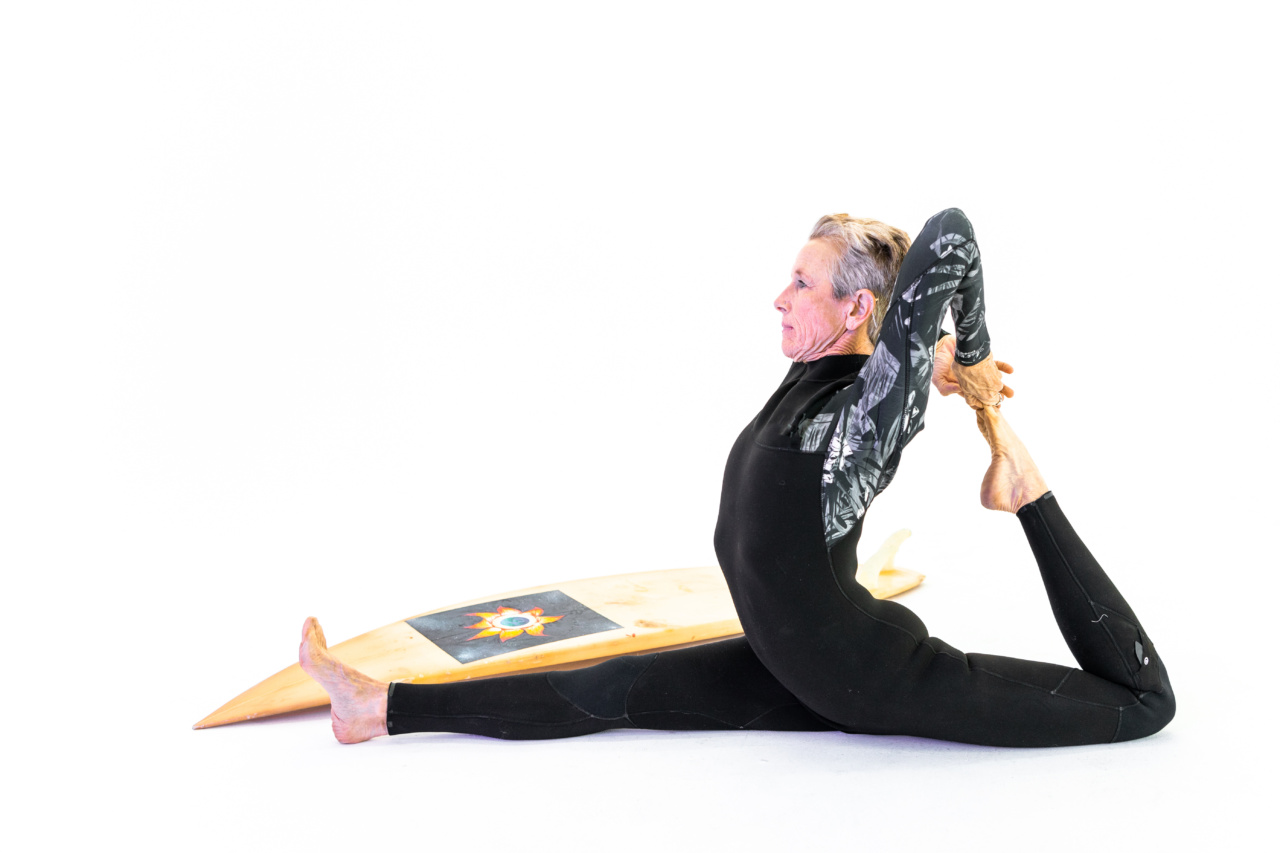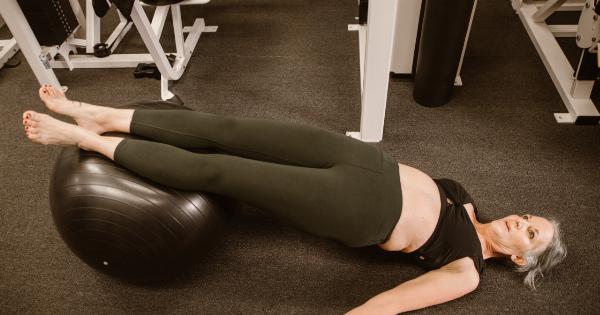Menopause is a natural and inevitable stage in a woman’s life, marking the end of her reproductive years. This transitional phase typically occurs between the ages of 45 and 55, although it can begin earlier or later for some women.
Menopause is characterized by the cessation of menstrual periods, as well as a variety of hormonal and physical changes.
Common Symptoms of Menopause
Menopause can bring about a range of symptoms, which vary from woman to woman. Some of the most common symptoms include:.
- Hot flashes and night sweats: These sudden sensations of warmth, often accompanied by profuse sweating, can be uncomfortable and disruptive to sleep.
- Mood swings and irritability: Hormonal fluctuations during menopause can lead to feelings of sadness, irritability, anxiety, and even depression.
- Vaginal dryness and discomfort: The decrease in estrogen levels can cause changes in vaginal tissue, resulting in dryness, itching, and pain during sexual intercourse.
- Sleep disturbances: Many menopausal women experience insomnia, nighttime awakenings, or other sleep disturbances.
- Weight gain: Hormonal changes can contribute to weight gain, particularly around the abdomen.
- Loss of bone density: Estrogen plays a vital role in maintaining bone health. As estrogen levels decline, women become more susceptible to osteoporosis and fractures.
- Decreased libido: Fluctuating hormone levels and other menopausal symptoms can lead to a decrease in sexual desire and difficulty achieving orgasm.
- Memory problems: Some women may experience memory lapses, difficulty concentrating, or other cognitive issues during menopause.
- Urinary problems: Menopause can also lead to urinary incontinence, frequent urination, or urinary tract infections.
- Heart palpitations: A rapid or irregular heartbeat may occur due to hormonal changes during menopause.
The Benefits of Stretching During Menopause
Stretching exercises offer numerous benefits for menopausal women, helping to alleviate symptoms and maintain overall health and well-being. Incorporating a regular stretching routine into your daily life can:.
1. Reduce Hot Flashes and Night Sweats
While stretching does not directly affect hormone levels, it can help to reduce the frequency and severity of hot flashes and night sweats.
Regular stretching promotes relaxation, helps regulate body temperature, and can reduce stress levels, all of which contribute to a decrease in hot flashes.
2. Improve Mood and Reduce Stress
Menopause is often accompanied by mood swings, irritability, and increased stress levels.
Engaging in stretching exercises releases endorphins, the “feel-good” hormones, which promote a sense of well-being and help to reduce stress and anxiety. Stretching also encourages deep breathing and relaxation, which can have a calming effect on the mind.
3. Maintain Flexibility and Joint Health
As we age, our joints tend to become stiffer and less flexible, increasing the risk of injuries and joint pain. Regular stretching helps to maintain joint mobility and flexibility, reducing the likelihood of muscle imbalances and joint problems.
This is particularly beneficial during menopause when hormonal changes can affect joint health.
4. Enhance Sleep Quality
Sleep disturbances are a common complaint among menopausal women. Incorporating stretching exercises into your daily routine can help improve sleep quality by promoting physical and mental relaxation.
Stretching before bedtime can also relieve muscle tension and ease the body into a more restful state for sleep.
5. Manage Weight and Metabolism
Hormonal changes during menopause can contribute to weight gain and a slower metabolism.
While stretching alone may not lead to significant weight loss, it can support weight management efforts by increasing blood flow, muscle tone, and overall energy expenditure. Moreover, stretching helps to maintain muscle mass, which can aid in weight control.
6. Promote Bone Health
Loss of bone density and increased risk of osteoporosis are common concerns during menopause. Weight-bearing stretching exercises, such as yoga or Pilates, can help maintain bone density and improve overall bone health.
These exercises place stress on the bones, stimulating them to build and retain calcium.
7. Boost Libido
Reduced libido is a distressing symptom for many menopausal women. Regular stretching exercises increase blood flow throughout the body, including the pelvic area, which can improve sexual function and enhance libido.
Additionally, stretching helps to reduce muscle tension and promote relaxation, allowing for a more pleasurable sexual experience.
8. Support Cognitive Function
Memory problems and difficulty concentrating are common during menopause due to hormonal fluctuations. Engaging in regular stretching exercises can improve blood circulation to the brain, providing it with oxygen and essential nutrients.
This improved blood flow can enhance cognitive function, memory, and overall mental acuity.
9. Strengthen Pelvic Floor Muscles
The decrease in estrogen levels during menopause can weaken the pelvic floor muscles, leading to urinary problems and pelvic organ prolapse.
Specific stretching exercises, such as Kegels, can help strengthen the pelvic floor muscles, improve bladder control, and reduce the risk of urinary incontinence.
10. Maintain Heart Health
Heart palpitations and increased cardiovascular risk are concerns for menopausal women. Regular stretching exercises contribute to heart health by improving circulation, lowering blood pressure, and reducing stress.
Stretching also helps to maintain overall cardiovascular fitness, which is essential for heart health.
Conclusion
Menopause brings about various physical and hormonal changes, often accompanied by bothersome symptoms. While menopause is a natural stage in a woman’s life, it does not mean you have to suffer in silence.
Incorporating regular stretching exercises into your daily routine can help conquer menopausal symptoms and promote overall health and well-being. Remember to consult with your healthcare provider before starting any exercise program, especially if you have any underlying medical conditions or concerns.































